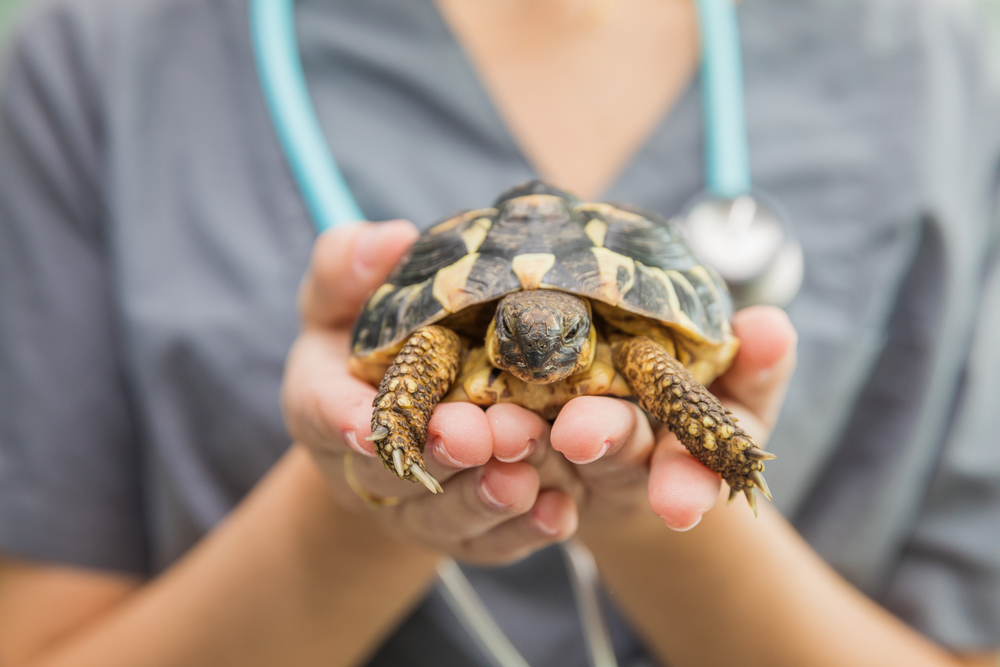If you are an animal lover like me, you probably find the idea of owning an exotic pet fascinating. The thought of having a unique and unusual creature as a companion can be truly exciting. However, before diving into the world of exotic pet ownership, it is crucial to consider the responsibility and challenges that come with it. In this blog post, we will explore the care and maintenance involved in owning an exotic pet, providing both personal insights and valuable information.

First and foremost, it is essential to research and understand the specific needs of the exotic pet you wish to have. Unlike cats and dogs, exotic animals have unique requirements that must be met in order for them to thrive in captivity. Whether it’s an iguana, a sugar glider, or a hedgehog, each species has distinctive dietary, environmental, and social needs.
When I decided to bring an exotic pet into my life, I chose a beautiful corn snake named Luna. Researching her species and learning about her natural habitat helped me create a suitable environment within my home. With a spacious terrarium filled with hiding spots, a temperature-controlled heating pad, and the right humidity levels, Luna feels comfortable and secure in her artificial habitat. It is essential to replicate the natural conditions your pet would experience in the wild as closely as possible.
Furthermore, providing a balanced and appropriate diet is crucial for the wellbeing of your exotic pet. Different animals have unique dietary requirements, and it is essential to understand these needs to ensure a healthy and happy life for your companion. For example, Luna requires a diet consisting primarily of thawed rodents, such as mice and rats. Understanding what your pet needs to eat and providing them with the appropriate nutrition is key.
Another vital aspect of caring for an exotic pet is finding a knowledgeable and trustworthy veterinarian. Not every veterinarian has the expertise or experience to treat exotic animals, so it is crucial to find one who specializes in exotic pet care. Regular check-ups, vaccinations, and preventive care are just as important for exotic pets as they are for cats and dogs. Establishing a good relationship with an exotic pet veterinarian will provide you with peace of mind, knowing that your companion is in good hands.
Given the inherent challenges of caring for exotic pets, it is crucial to consider the amount of time and effort required. Exotic animals often require specialized, hands-on care, and their needs can be time-consuming. For instance, as an owner of a sugar glider named Mango, I have to provide him with a varied diet consisting of fresh fruits, vegetables, and specialized commercial food. Additionally, he requires social interaction, daily exercise, and mental stimulation to prevent loneliness and boredom. Exotic pets often demand a higher level of commitment and attention than traditional pets, and this must be considered before bringing them into your life.
Besides the day-to-day care, the legal and ethical aspects of exotic pet ownership should also be taken into account. It is essential to research local laws and regulations regarding exotic pets in your area. Some countries and states have restrictions on certain species, while others may require permits or licenses. Learning about these regulations and adhering to them ensures that you are acting responsibly and ethically in your role as a pet owner.
Lastly, it is crucial to consider the long-term commitment before acquiring an exotic pet. Many exotic animals have longer lifespans than traditional pets, which means you will be responsible for their well-being for an extended period. For instance, certain tortoise species can live for over a century, and some parrot species have lifespans comparable to humans. Owning an exotic pet is a lifelong commitment that should not be taken lightly.
In conclusion, the decision to own an exotic pet is both thrilling and challenging. It requires extensive research, dedication, and a genuine love for these unique creatures. As an exotic pet owner myself, I have experienced the rewards and joys that come with caring for these mesmerizing creatures. However, it is essential to approach exotic pet ownership with a responsible mindset. By understanding their specific needs, finding the right veterinarian, and adhering to legal and ethical requirements, you can provide a safe and fulfilling life for your exotic companion. Remember, the bond you create with your exotic pet can be incredibly rewarding, but it requires a deep commitment from the very beginning.


